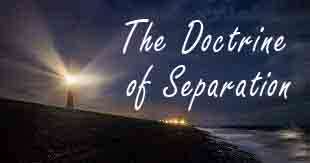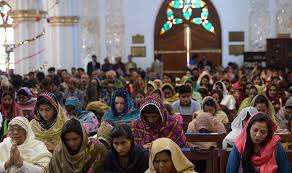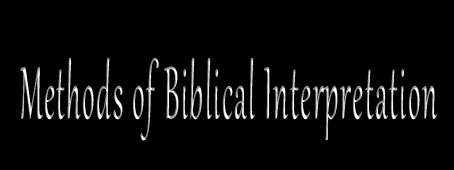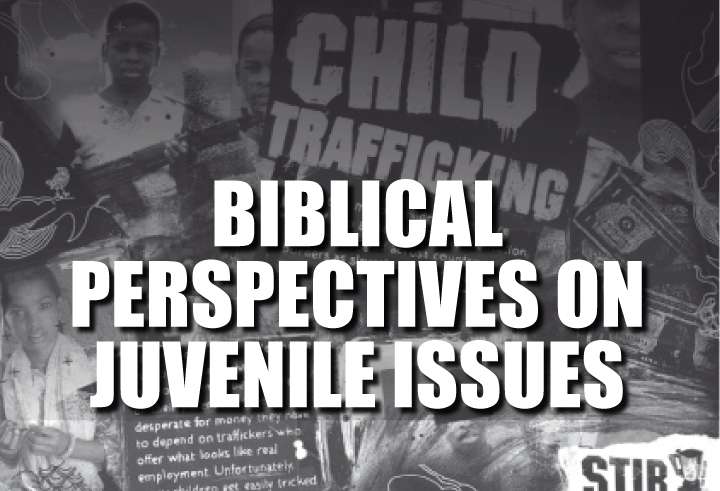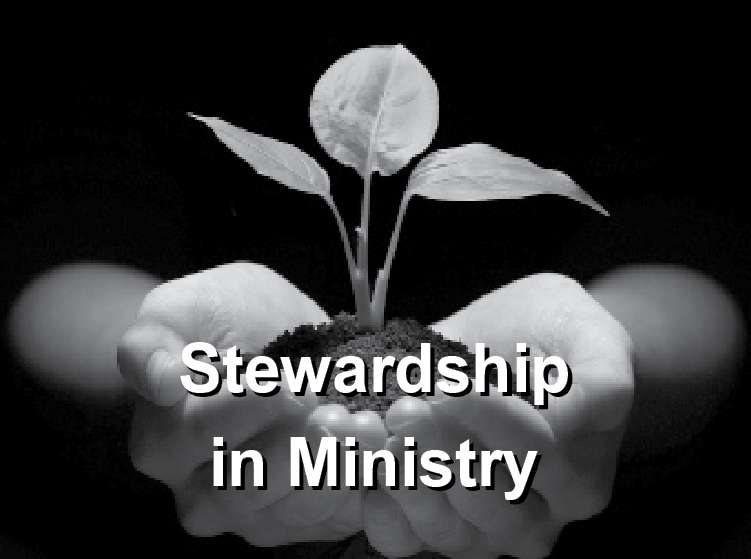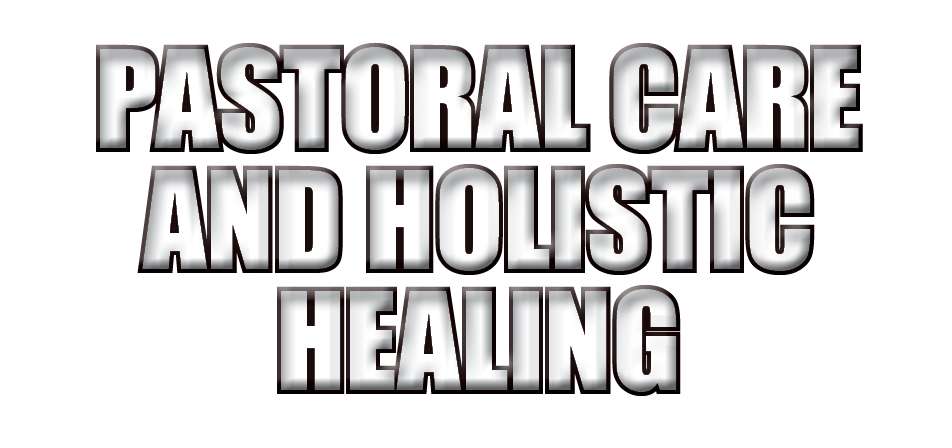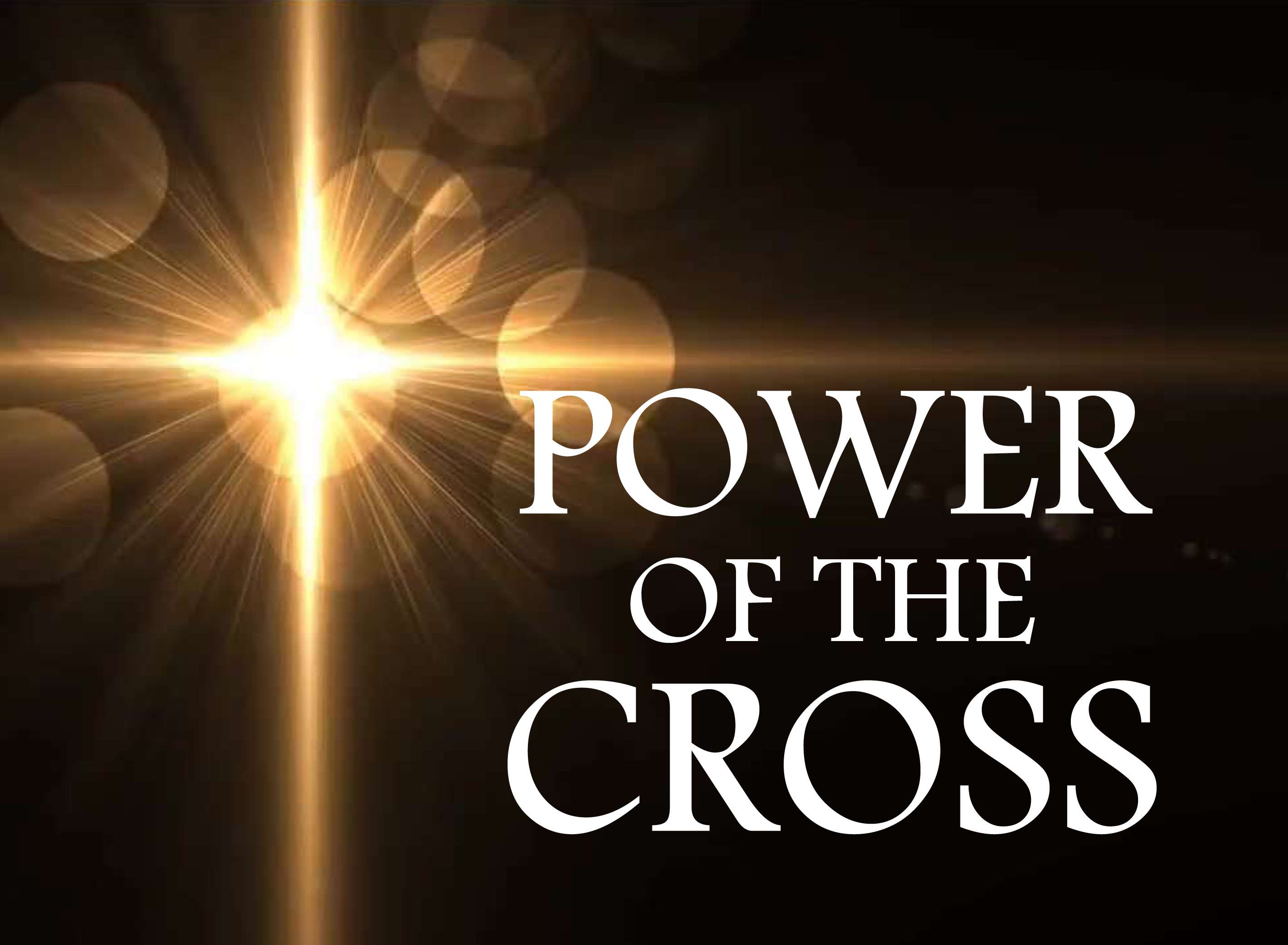

Holistic Health- An Integrated Approach in Healing
Dr. Saju Joseph
The holistic concept in the healing ministry which is distinct from the concept in the alternative medicine, upholds that all aspects of people's needs including psychological, physical and social should be taken into account and seen as a whole.
In the ecological concern of the modern physical and psychological caregivers they now give special importance to holistic healing. Not surprisingly, recent trends in the field of psychology have paralleled developments in the field of Complementary and Alternative Medicine (CAM) in the following way: The methods used to heal patients both physically and psychologically are increasingly holistic in their approaches.
Research suggests that holistic techniques used to reduce stress, anxiety and depression are being utilized by patients and clients more than ever; subsequently replacing what used to be the exclusive purview of pharmaceutical remedies. Even the United States military has showed a marked increase in the use of methods such as hypnosis, relaxation exercise, meditation, spiritual healing and energy healing-according to a study done by the Samuel Institute in Alexandria, Virginia. Their leading-edge research reported that of the study’s 16,000 active duty participants, 45% had used at least one means of holistic healing in the year preceding the study.
Well known pastoral counsellor Howard Clinebellhas presented a holistic health model for persons lacking growth in their personality. He speaks about six important aspects of a person’s life. They are 1. Mind, 2. Body, 3. Soul, 4. Intimate Relationships,5. Nature and the Biosphere, 6. Significant institutions in one’s life. We human beings are open systems. Our growth takes place in relationships, the six dimensions of which are listed above. These dimensions are interrelated. Growth towards greater wholeness in any one dimension stimulates and supports growth in the other dimensions also. Diminished wholeness in any dimension holds back growth in the others also. Holistic pastoral care and counselling enables persons to increase and balance growth in all six aspects of their lives.
By establishing growing, mutually need-satisfying relationships, the following things become possible. They are able to handle their load of problems, losses and responsibilities more constructively. They continue developing their unique personhood centered in an increasingly meaningful relationship with God. They increase their ability to the agents of reconciliation and wholeness in their family, community, and church.
Since wholeness is always relational, self-fulfillment is a psychological impossibility. Growth pursued ego centrically, for its own sake, becomes a dead end. Growth occurs in covenants of wholeness with others. These are relationships in which there is mutual commitment to nurturing each other’s growth toward fulfilling the dream of wholeness that God has for all persons. In such covenants, each person takes responsibility for making her or his side of the relationship progressive to both persons. Self-caring and self-responsibility enable one to enter into such growth–nurturing relationships.
1.Strengthen one’s mind
It involves developing our rich, partially used personality resources for thinking, feeling, experiencing, envisioning and creating. The unused capacities of normal human minds are enormous. Enriching our consciences, releasing our creativity, deepening our insights, sharpening our awareness, expanding our intellectual and artistic horizons – all these are a part of wholeness-centered approach of healing.
2. Revitalizing one’s body
It means learning to experience and enjoy one’s body more fully, and to use it more effectively and lovingly. Enabling people to overcome their alienation from their body and learn how to enjoy body-mind-spirit wholeness is an essential part of liberation. This often involves including a focus in counselling on sound nutrition, exercises, stress-reduction, and other holistic health and body-wellness approaches.
3. Spiritual Growth
Spiritual dimension of growth intersects the other five and is their unifying bond. The key to human flowering is a trustful, nourishing, joy-full relationship with the loving Spirit who is the source of all life, all healing, all growth. Methods of spiritual healing and growth aim at enhancing our meanings, our guiding values, our faith, our moments of transcendence and our empowering relationship with the Creator God. Christian ministers have unique training and resources for enabling spiritual growth. Theological education must equip us with resources for enabling spiritual growth. Theological education should equip us with resources and skills for helping people come alive at their Centre- their higher life which is their inner point of contact with God.
4. Relationships
Helping people repair, renew, and enrich their network for caring relationships is the third dimension in holistic healing. Our human personalities are formed reformed, and transformed in relationships. Healing and growth both depend on quality of our significant relationships. Relational healing and growth skills are therefore essential for a ministry of wholeness.
5. Ecological dimension
Strengthening our relationship with the biosphere by increasing our ecological awareness, communication and caring is very important. People can become more whole physically, mentally, and spiritually when they are helped to develop and cherish a nurturing interaction with nature. Awareness of the beauty mystery of nature draws us closer to the Creator God.
6. Significant Institutions in life
It deals with institutional – societal liberation, healing and growth. Racism, sexism, ageism, classism, specialism, nationalism, militarism, economic exploitation, and political oppression cripple human wholeness on a massive scale in all societies. Consciousness must be raised to make people more aware of the societal roots of their individual pain, brokenness, and curtailed growth. People must be freed, motivated, and empowered to work with others to make our institutions places where
wholeness will be better nurtured in every one.
Biblical roots for Ecological Dimension
Modern ecological science is constantly revealing more and more of the complex balance and flux of inter-relationships within the biosphere of the earth and its component ecosystems, but a great deal remains to be known, probably much more than we already know. Biblical writers were not able to plot such inter-connections scientifically, but they articulate a vision of creation that is coherent with the science, while focusing, as science properly cannot, on matters of value, ethics, responsibility, and, especially, creation's relationship with God.
With his characteristic rigor and perceptiveness, Richard Bauckham, the famous English scholar in theology, embarks on a biblical investigation into the relationship between human beings and the rest of creation. Bauckham argues that there is much more to the Bible's understanding of this relationship than the mandate of human dominion given in Genesis chapter I which, he writes, has too often been used as a justification for domination and exploitation of the earth's resources. Instead, Bauckham considers the ecological perspectives found in the book of Job, the Psalms, and the Gospels, all of which, he determines, require a re-evaluation of the biblical tradition of "dominion." Bauckham discovers a tradition of a "community of creation" in which human beings are fellow members with God's other creatures and true reconciliation to God involves the entire creation.
Ecological wholeness has biblical roots. The Biblical attitude of respect for and stewardship toward all of creation (the eco system) is communicated in mythic wisdom of the first of the two creation stories in Genesis. The phrase, “And God saw that it was good” is a refrain of affirmation articulated after each stage of the process. These words appear at the close of the story “And God saw everything that he had made, and behold it was very good” (Gen.1:31). In the Biblical view, we humans do not own the planet, but have it as a trust from God. This is expressed in the words, “The earth is the Lord’s” (Exo.9:29). The nourishing closeness of Jesus and his people, the Jews, to Nature is evident in his persistent use of images from nature- birds of the air and flowers of the field – to communicate truths about our relation to the divine Spirit.
Conclusion
Holistic approach to salvation experience, of course, has its limitations in this fallen world. We believe in the future redemption of this cursed earth. There will be a new heaven and a new earth. But till it is materialized we have to experience the salvation God was kind enough to bestow on us through His Son Jesus Christ. Salvation is wholeness. It is a healing in all dimensions. We have to be in good relationship with our God, our mind, body, significant relatives, people around us and the whole creation of God i.e., nature. Nature reveals God. Keeping the earth and nature from pollution is part of loving our fellow beings by preparing the earth habitable for us and our fellow human beings and other living creatures. Holistic health will benefit both us and all around us.



